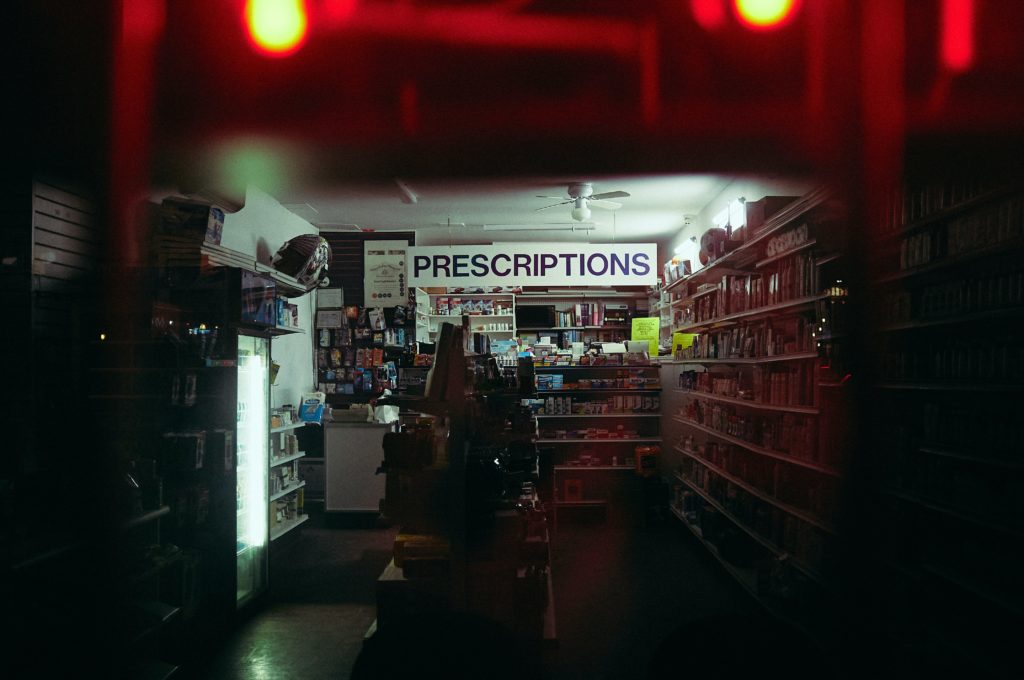What Are Central Nervous System (CNS) Depressants?
Table of contents
Central Nervous System Depressants encompass a wide variety of medications from simple sleep aids and anxiety medications to cancer treatments. You may even be surprised by how
familiar you are with some of the listed medications, despite being less than familiar with the term CNS Depressants. It’s important to understand how these drugs affect the body and the dangers of prolonged use and abuse. So let’s discuss some definitions, name-brand examples, and warning signs of dependency/addiction.
Definition
Central Nervous System (CNS) Depressants are a form of prescription sedative medication that slows brain activity and relaxes muscles in the body. As a result, this drug is often prescribed to treat sleep disorders, seizures, anxiety, and panic attacks. It works by increasing the production of neurotransmitter gamma-aminobutyric acid (GABA) which facilitates a feeling of relaxation in the mind and body. Some other common side-effects include:
- Lowered blood pressure
- Dilated pupils
- Memory loss
- Slurred speech
- Loss of coordination
- Impaired judgment
- Slowed pulse and/or breathing
Classes and Drug Types
There are three major classes of CNS depressants: sedatives, hypnotics, and tranquilizers. The most commonly prescribed of these three drug classes are sedatives to treat conditions like sleep disorders and even relieve symptoms of cancer treatment. But CNS depressants contain a broad spectrum and variety of drugs. Alcohol, for instance, falls under the umbrella of CNS depressants. But the term is more commonly associated with drugs like benzodiazepines, barbiturates, and opioids. Some recognizable name brands include:
- diazepam (Valium)
- clonazepam (Klonopin)
- alprazolam (Xanax)
- zolpidem (Ambien)
- eszopiclone (Lunesta)
- mephobarbital (Mebaral)
- phenobarbital (Luminal)
CNS Depressant Abuse
CNS Depressants carry a high risk of abuse, especially under the opioid variant. That being said, it’s fairly easy to identify dependency on these drugs because most if not all of them require a prescription. If you find that you are continuing to take CNS Depressants against a doctor’s orders or without a prescription, you have likely developed a dependency. Some additional signs of abuse include:
- Decreased socializing/Productivity
- Mood swings
- Depression/Apathy
- Lethargy
Prolonged use of CNS Depressants also decreases the drug’s effectiveness. Individuals experiencing dependency may seek higher doses or mix medications with alcohol to achieve a higher potency. This behavior can easily lead to respiratory depression, seizures, overdose, and fatality. However, in more serious cases of addiction, CNS Depressants are used for their sedative effects to offset stimulant drugs like cocaine or Adderall.
Withdrawal
CNS Depressant withdrawal can also be very debilitating and in extreme cases even fatal. Opioid withdrawal in particular is known to carry heightened complications because the body’s dependency on it is so powerful. Additionally, individuals experiencing opioid withdrawal are often referred to a medically assisted detox program for exactly this reason. Some common symptoms of withdrawal include:
- Body tremors
- Seizures
- Irritability
- Hallucinations
- Anxiety
- Vomiting
- Shaking
- Weakness
If you or someone you know experiences any of these symptoms while attempting to stop taking CNS Depressants, consider seeking professional medical guidance. In most cases, it’s best to consult a doctor before attempting to discontinue the use of a depressant, prescribed or otherwise.
Detox With Briarwood
Briarwood Detox Center offers detox treatment for alcohol, opioid, methamphetamine, prescription drugs, and much more. Our experienced clinical staff provides round-the-clock monitoring throughout the detox process and our therapy team provides support to help manage the emotional response to treatment. Additionally, we have detox facilities located in Austin, Houston, and Colorado Springs with state-of-the-art amenities.
Briarwood is dedicated to facilitating a healthy and safe environment that empowers people to make significant and lasting changes in their lives. We look forward to supporting you or your loved one on the journey to recovery. Call (512) 277 – 3103 today for more information on our programs and admission process.
Break Free From Your Addiction Today
(in 3 easy, confidential steps)
Verify your insurance
Complete our fast, free, and easy verification process over the phone to determine the extent of your insurance coverage.
Make an informed decision
We will provide personalized placement recommendations based on your insurance, treatment needs, financial situation, and schedule.
Contact us
Call (888) 857-0557 or fill out our online form for a free and confidential personal consultation with an admissions specialist.
